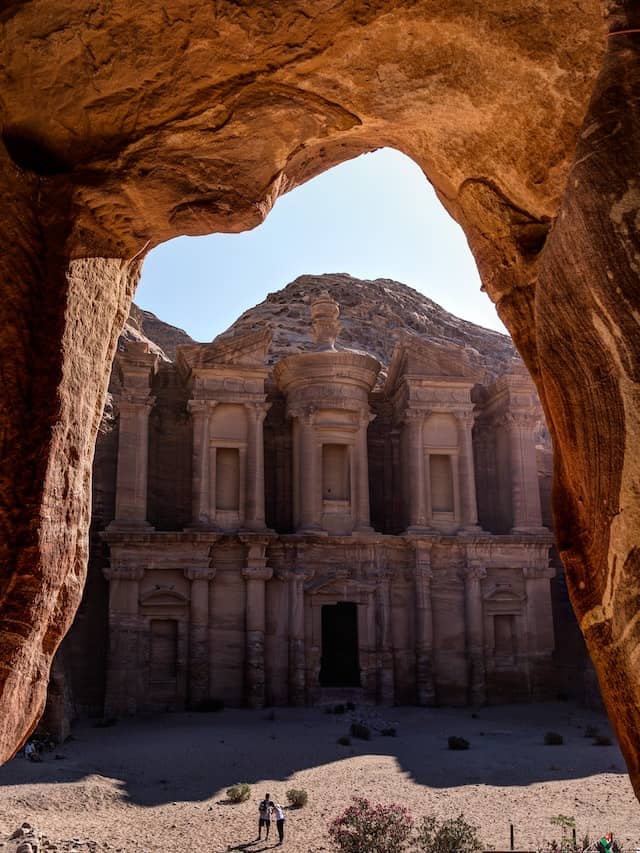No worldly power is invincible

In Surah Fussilat we have the stories of Ad and Thamud, two Arab tribes who were demolished. This is a Makki surah, and it shows the struggle to penetrate a community as it always entrenched in its existing customs, cultures, and idol worshipping. Allah is telling us this story of previous nation as a reminder.
Don’t be overwhelmed by your own power
Allah gave Ad very great power, and they used to boast about this and say:
‘Who is stronger than us?’ [41:15]
This is very similar to today’s big players on the international stage – it’s always the USA vs Russia, vs China. Just competing to show that they have the strongest army, or the most power.
It’s the same story with Ad and Thamud. They were overwhelmed by their own power, but they had forgotten that Allah is stronger than anyone. They forgot who gave them their brains, their muscles, machinery, weapons, etc. and enabled them to have so much power. They were just challenging everybody, and look what happened to them. Allah is the All-Powerful, and they were wiped off the map.
Power is a test
In Arabic, we say the people of Ad and Thamud are among al-Arab al-Ba’ida (The Extinct Arabs). This is one of the categorisations of Arab genealogy, and it means the ones who have been destroyed. Allah is telling us to be careful, and not be overwhelmed by our power. Whatever position you have, whatever money or status, it’s all a test. If Allah has appointed you in a position where you have subjects under you – whether that’s in your company, or on a project, etc. – it’s a test. Don’t say, ‘I can crush them.’ Allah will crush you as well. Be careful.
Don’t fight against guidance
Allah also mentions the story of Thamud, and says about them ‘They preferred blindness over guidance.’ [41:17] This means they hated the guidance – they did not want to be guided. They were vicious, to the extent that they were willing to fight any light coming from Allah. And we have these people still in every community. When you talk about guidance of Allah, they are not interested. They say everything is controlled by nature; there’s no place for God in this universe. I usually say yes, there is no place in this universe, because Allah not confined by Space. He created Space.
You have to submit to Allah
These stories were a message for the Quraysh. Those who heard this revelation where Arabs, they knew these stories. So Allah’s lesson is not to do the same as them. Don’t fight the guidance of Allah, and don’t be overwhelmed by the power He gave you.
The Quraysh saw themselves as the leaders of the Arabs, because they looked after the House of Allah. And they thought that they were the strongest and even the elephant could not enter Makkah, so they must be invincible. But Allah is saying, don’t do that. Be humble, submit to Allah. Submission the core of Islam. We all have rebellion inside us, but we need to train ourselves to submit. That’s why we’re called muslimoon, those who submit.
We ask Allah to make us among those who submit and who are guided, and who love guidance more than anything else. Ameen.
Shaykh Haytham Tamim – Ramadan Night 9
Transcribed by Hana Khan
Related posts
How to turn an ordinary fast, into a super fast
What is the connection between closeness to Allah, excellence and fasting?
- How Allah strengthens the hearts of believers
- Why should you follow up one good action with another one?
- Don’t be a Ramadani person – Be a Rabbani person.
- How do you pray Salat al-Kusuf – the prayer during a solar eclipse
- The test of will – Tarawih Reflections 30

Recommended Posts

How Allah strengthens the hearts of believers
April 19, 2024

Don’t be a Ramadani person – Be a Rabbani person.
April 10, 2024

